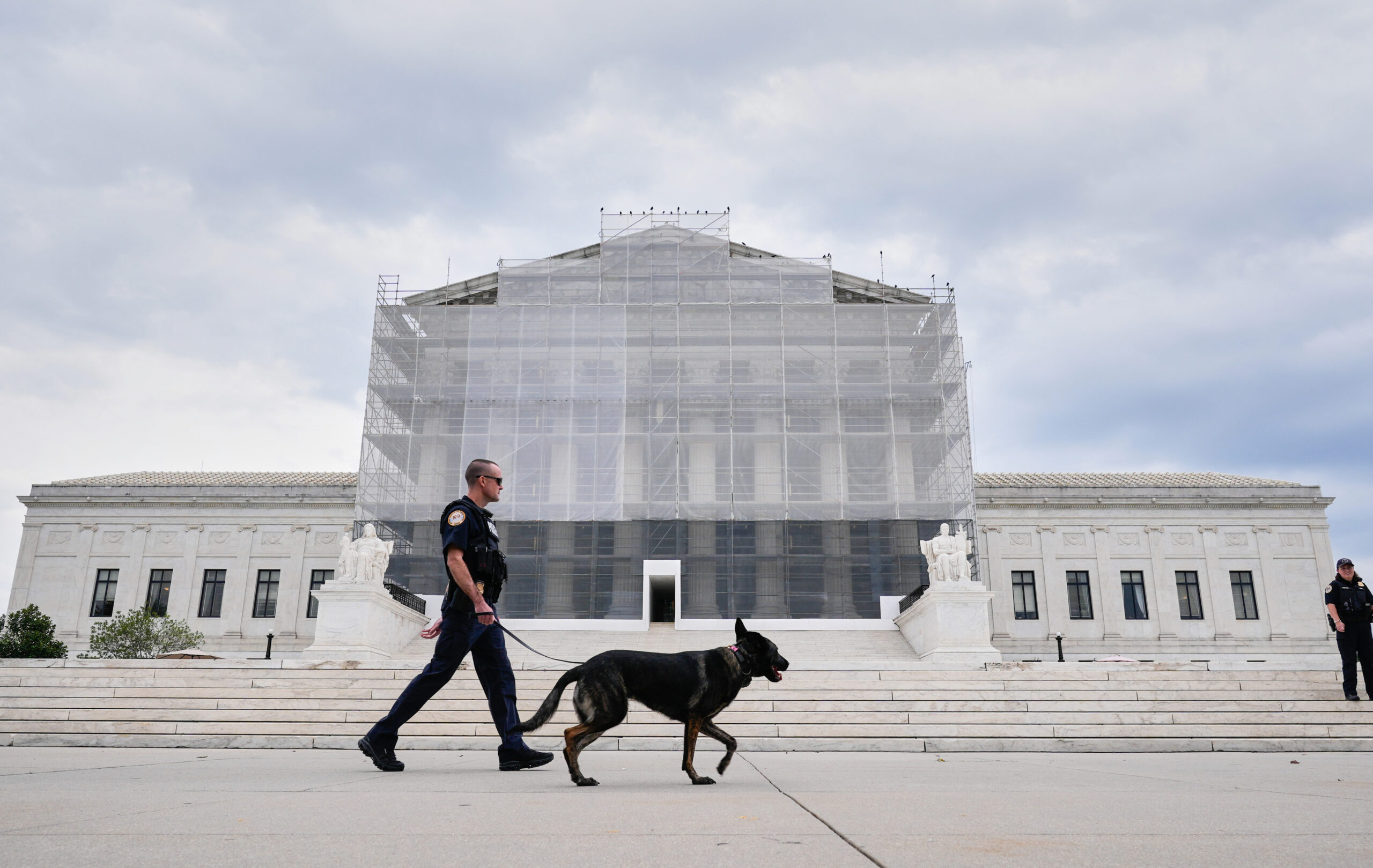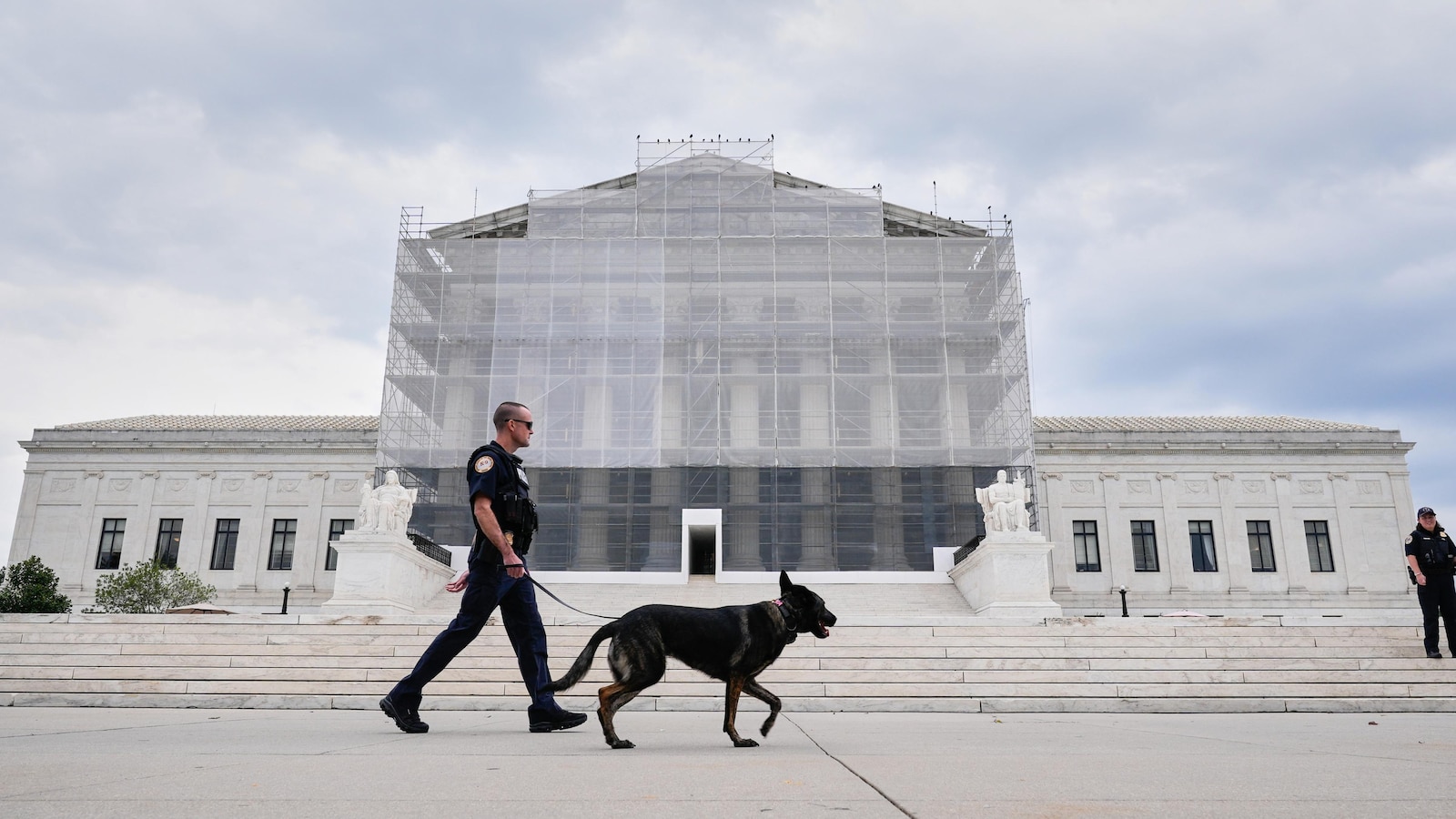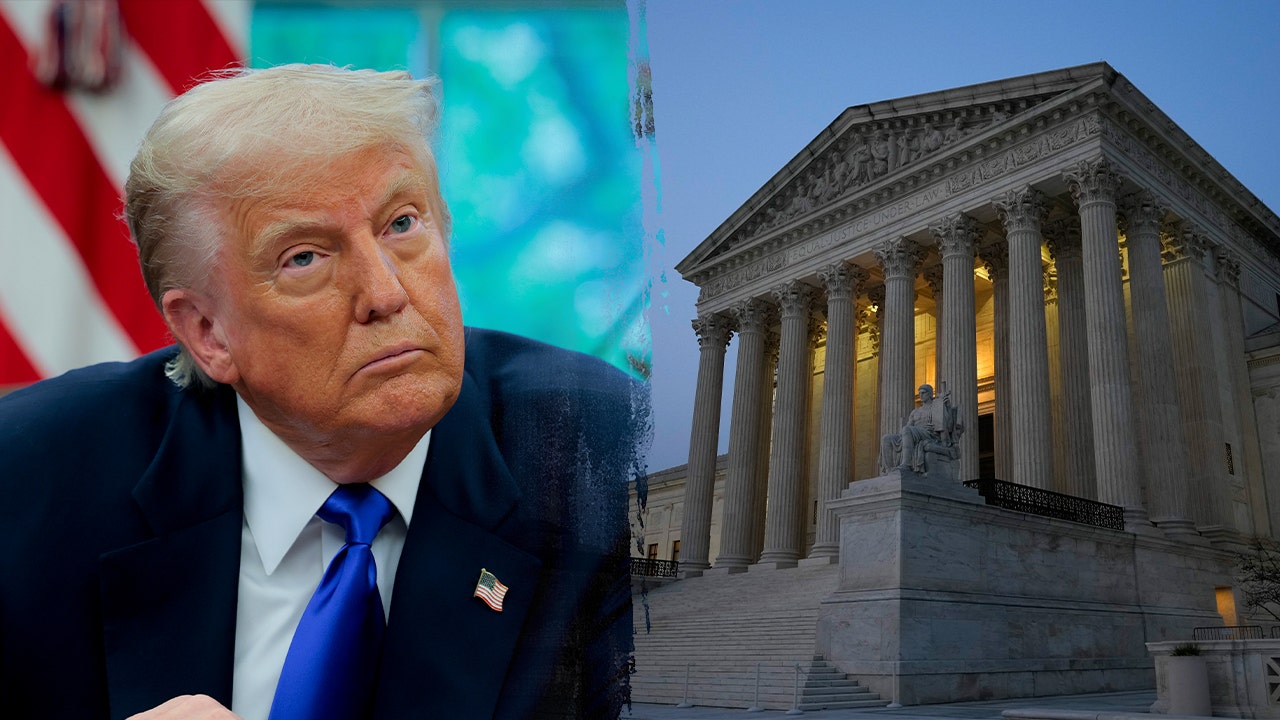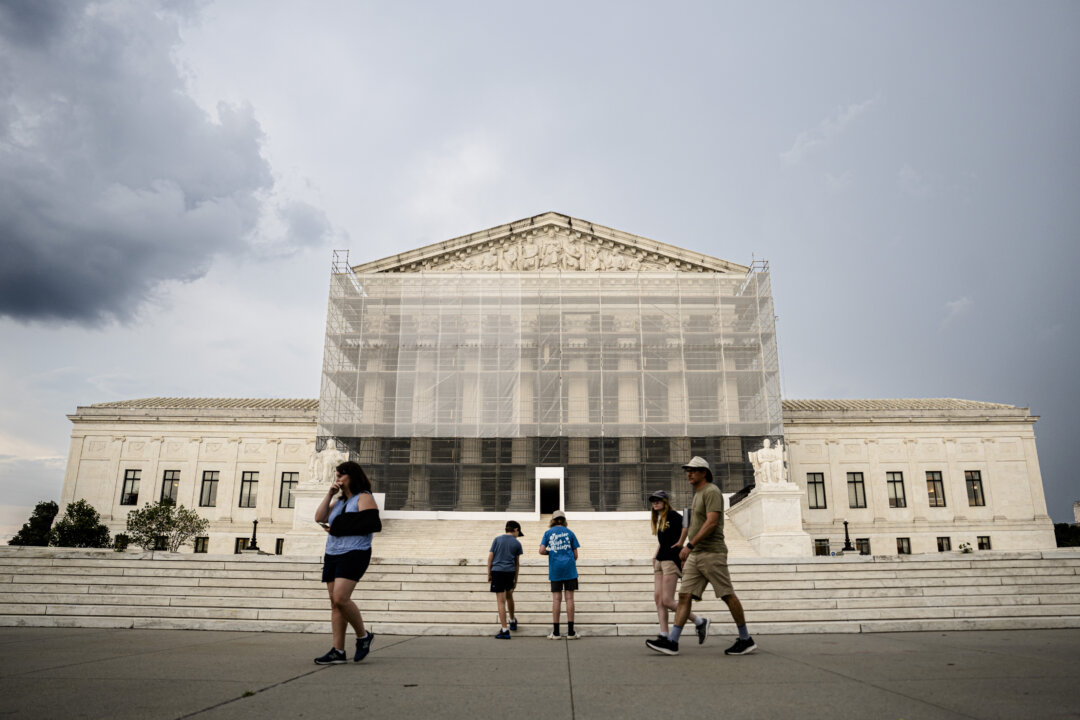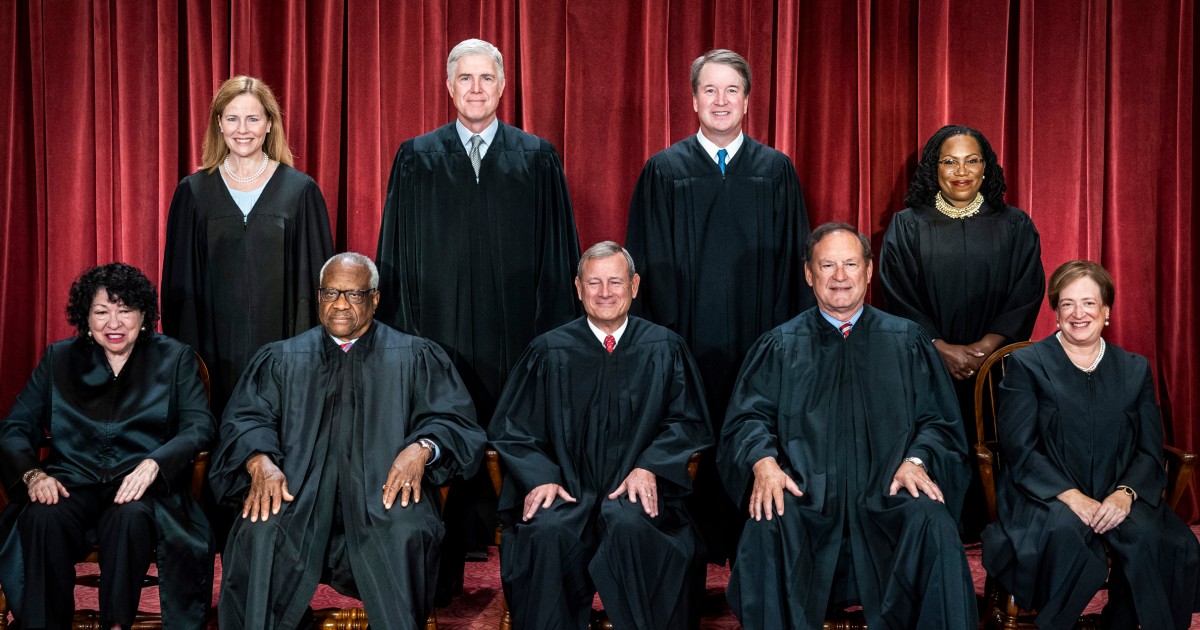Trump Administration Appeals to Supreme Court to Limit Birthright Citizenship
President Trump's administration seeks Supreme Court approval to restrict birthright citizenship, appealing lower court blocks on his executive order, challenging the 14th Amendment's interpretation.
Subscribe to unlock this story
We really don't like cutting you off, but you've reached your monthly limit. At just $5/month, subscriptions are how we keep this project going. Start your free 7-day trial today!
Get StartedHave an account? Sign in
Overview
- President Trump's administration is seeking Supreme Court approval to restrict birthright citizenship for children born in the U.S. to parents residing illegally or temporarily.
- This appeal follows multiple lower court rulings that blocked and halted Trump's executive order, deeming it likely unconstitutional and in violation of the 14th Amendment.
- The administration argues for a narrower interpretation of the 14th Amendment's Citizenship Clause, challenging established legal precedent from the 1898 United States v. Wong Kim Ark case.
- The Justice Department has filed a petition, pushing for Supreme Court intervention even before all federal appeals courts have issued their rulings on the matter.
- A definitive Supreme Court ruling is anticipated, potentially by early summer, with arguments on this significant constitutional challenge expected in late winter or early spring.
Report issue

Read both sides in 5 minutes each day
Analysis
Center-leaning sources cover this story neutrally, presenting both the Trump administration's legal arguments and the constitutional challenges from opponents. They attribute strong claims to quoted parties, focusing on the procedural aspects of the Supreme Court appeal and the legal complexities of the 14th Amendment, including historical context like the Wong Kim Ark ruling.
Articles (9)
Center (4)
FAQ
The Trump administration wants to restrict birthright citizenship by excluding children born in the U.S. to parents residing illegally or temporarily, challenging the established interpretation of the 14th Amendment's Citizenship Clause.
Lower courts have blocked the order because they deemed it likely unconstitutional and in violation of the 14th Amendment, which guarantees citizenship to all persons born in the U.S., irrespective of their parents’ immigration status.
The administration challenges the long-standing legal precedent from the 1898 United States v. Wong Kim Ark case, which affirmed birthright citizenship under the 14th Amendment.
The Justice Department petitioned the Supreme Court for intervention before all federal appeals courts ruled. A definitive Supreme Court ruling is expected by early summer 2026, with oral arguments anticipated in late winter or early spring.
The Supreme Court ruled on the procedural ability of lower courts to issue universal injunctions blocking the executive order, which has significant implications for the enforcement of birthright citizenship, but as of July 1, 2025, the constitutional guarantee remains intact.
History
- 1M

 4 articles
4 articles
